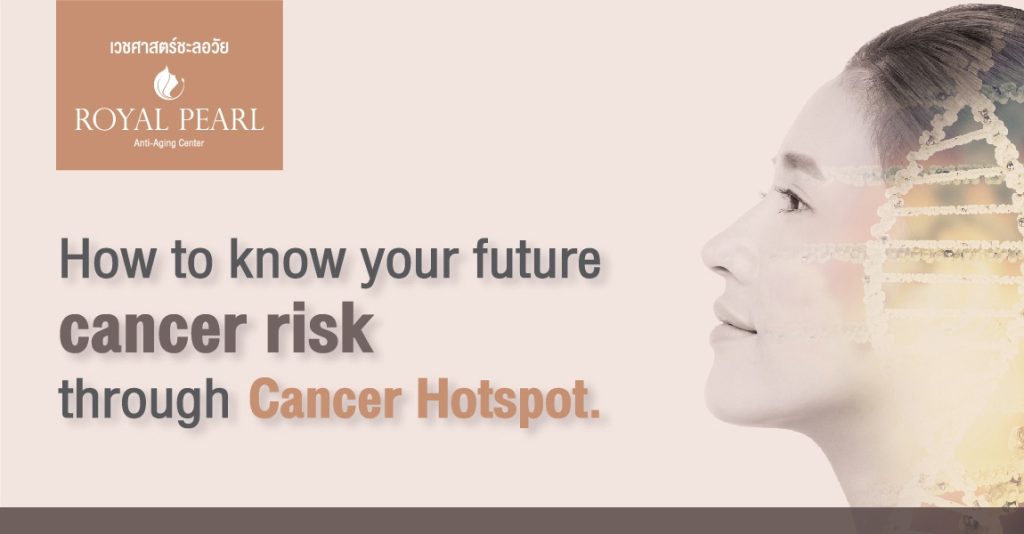
How to know your future cancer risk through Cancer Hotspot
Home > Health Info > Health Articles

Cancer is a leading cause of death worldwide. According to the WHOCancer is a leading cause of death worldwide. According to the WHOdata, every sixth death in the world is due to cancer. Today, more andmore cancers are found closely associated with genetic mutation,especially inherited genetic mutation which play a key role in majorcancers.
If you are curious about your personal risk for specific cancers.If you are curious about your personal risk for specific cancers.In particular, if you have a family history of cancer. Withthe advent of medical technology, now you can knowwhether or not you have any genetic predisposition tocertain cancers.
Groundbreaking genetic technology for cancer geneticGroundbreaking genetic technology for cancer geneticevaluation “The next generation sequencing (NGS)” canidentify mutations, variations that can be inherited andtransmitted from parents to offspring. The test analyzesup to 52 cancer-protective genes, which cover majorcancers commonly found in the population, such asbreast, colon, endometrium, ovary, pancreas,neuroendocrine, stomach, prostate, etc.
Who should get tested?
- Family history of cancer. A personal or family history suggesting a genetic cause of cancer.
- Cancer at an early age. Having 2 or more relatives diagnosed with cancer at an early age.
- Multiple cancers. Having 2 or more types of cancer occurring in the same relative.
How the test is done?
- A blood sample
Having a family history of cancer may make you feel as if your life is out of your control. WithHaving a family history of cancer may make you feel as if your life is out of your control. Withthis test, you will gain full power to do something about it. There are many options for you toconsider after knowing the DNA test. - More frequent cancer screening tests.
- More frequent cancer screening tests.
- Preventive surgery.Medications or natural approaches that can lower your risk.
Share :

